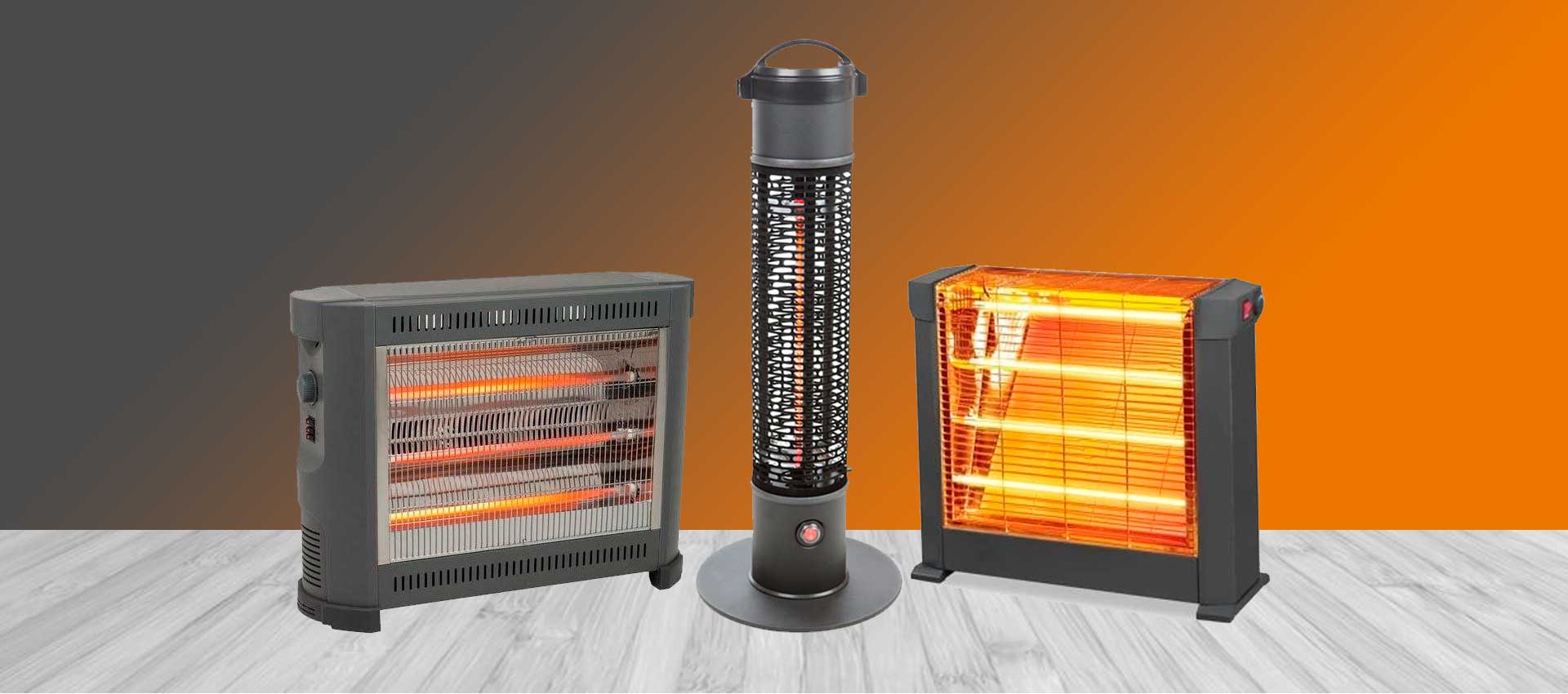Gas Heaters are one of the best options for home heating. They are cheaper to run and produce less carbon emissions than coal or oil.
It is important to choose a heater with an ODS (oxygen depletion sensor). This system shuts off the unit when oxygen levels drop, which could be deadly in confined spaces.
Cost-Effectiveness
Gas heaters are a popular choice for heating your home because they’re affordable, efficient and work well. They’re also a safe and environmentally friendly alternative to electric heaters, as they produce less carbon dioxide than coal-fired electricity.
The cost of running a gas heater depends on the fuel price and other factors in your region. But it’s generally cheaper to run a gas heater than an electric heater, so you can save money in the long run.
Moreover, gas is cleaner than oil and is available in an abundance. It’s also a versatile fuel that can be used to power a variety of other appliances, including fireplaces, stoves and dryers.
Determining which heater costs more to use is a complicated decision, as the input cost of gas versus electric to heat the same space is much more in favor of the former. Generally, the average price of a single kilowatt hour (kWh) unit of gas is 1/4 of what it costs to use an electric heater.
Convenience
Gas heaters are extremely convenient because they can heat entire homes, patios, and other outdoor spaces quickly. They also require less up front investment and install.
These heaters work by igniting fossil fuels (natural gas or propane) and burning them to create heat in the space. They may also have fans to help distribute the hot air in the room.
Generally, they are safe to use as long as they are not left unattended and are used according to the manufacturer’s instructions. However, they do need yearly maintenance to ensure safe and efficient operation.
Natural gas and propane heaters are cleaner sources of energy than oil, coal, or wood-based heaters. This is because they produce fewer pollutants and greenhouse gases while burning them.
Safety
Gas heaters are a safe and reliable heating solution that can provide your home with warmth during power outages. However, they must be properly maintained and serviced to avoid a house fire or polluting your home with dangerous fumes including carbon monoxide (CO).
Carbon monoxide is a poisonous, colourless, odourless, tasteless and non-irritating gas that can cause serious illness or even death when inhaled. To keep your family safe, have your gas heater professionally installed and serviced at least once every two years by a qualified gasfitter.
Ventless gas heaters should not be used for more than four hours at a time, and you should always open a window when using them. They will also absorb oxygen from the air and emit carbon dioxide during combustion, so it is important to ensure that you have fresh air in your space.
All gas burners should have a thermocouple to see to it that the pilot flame is burning securely. If the flame goes out, the thermocouple must shut off the gas valve in a maximum of 4 seconds.
Energy Efficiency
The energy efficiency of gas heaters depends on how much of the fuel is turned into heat. They tend to be between 55-97% efficient, depending on the type of fuel used.
If you are considering a gas heating system, it’s worth researching their energy efficiency before you make your decision. It will help you choose the best model for your needs and budget.
Compared to other alternative fuels, gas is a clean and eco-friendly choice for your home. It has lower carbon emissions, and is less expensive to operate than electricity.
It’s also a good idea to check your local laws and regulations, as some countries have restrictions on how gas heaters are installed.
In Australia, all gas heaters are required to carry a Star Rating (up to six stars) to demonstrate their energy efficiency. This rating shows how well the appliance performs, based on tested and labeled results.


